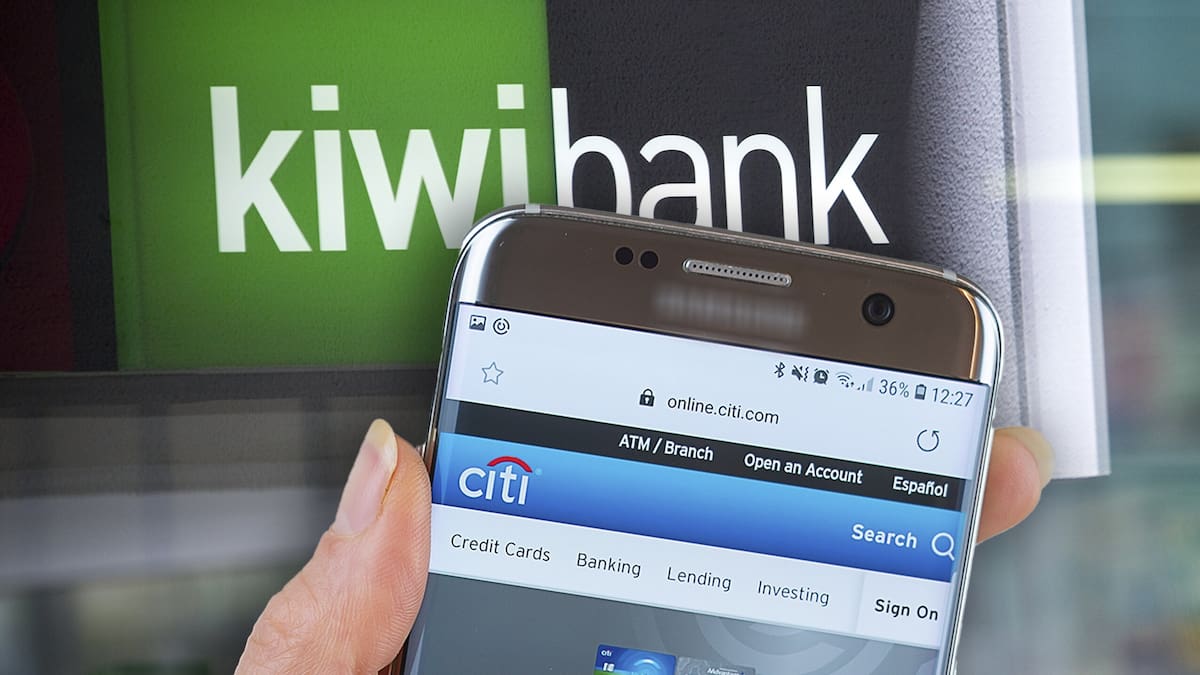Aug. 23—You can unsubscribe, but you can’t hide.
With 72 days until the election and the Republican and Democratic conventions over, voters in traditional swing states like New Hampshire have entered political spam season. As curtains came down on those massive televised infomercials, the text messages, calls and emails ramped up.
There’s only so much you can do to control the onslaught.
The majority of political communications are exempt from regulations like the National Do Not Call Registry, but many people have unknowingly opted in on the messages they receive even if they didn’t know it.
Text messages accomplish three important goals, say their senders: raising money, persuading undecided voters who lean a certain way, and firing up passionate voters.
“They absolutely work,” said Neil Levesque, executive director of the New Hampshire Institute of Politics at Saint Anselm College. “Texting seems to be working better than email. People are much more likely to answer a text.”
Most polling is done through texting now, and texts with attractive headlines and personalized messages by major candidates or their family members are effective, Levesque said.
“If they get you to open up the text, the response rate is usually really good in terms of fundraising,” he said. “And frankly, there’s not a lot of other options for campaigns to reach you directly. You can’t call a lot of people on the phone. Mail is expensive. YouTube advertising is starting to get good results.”
Like any digital marketing, campaigns are actively trying to meet voters where they are.
Text inboxes are less likely to have thousands of unanswered messages than email, Levesque said.
“I have 175,000 unread emails on my phone, because every day I get hundreds of emails from both sides,” he said. “I can’t even get through my email inbox.”
The downside is political messaging fatigue. Not everyone has the money to keep giving. And sometimes it gets weird. Recently, Levesque received a text from someone seeking a donation while watching the candidate speak right in front of him.
“If you donate to a campaign and they have your email, and you donate $100, they’re going to try to get another $100,” he said. “There’s nothing sinister about it. They have to raise money”
Countering the offensive
At some point, you might need a break.
Here are some ways to fight back against political spam:
Text messages: Text back STOP, wait for the confirmation text that you have unsubscribed, then immediately block the number on your phone.
Cellphone calls: If you get an unwanted political call or poll, block the number. You can also filter calls and text messages from unknown numbers by blocking anyone not in your contact list.
Landline calls: If you take a call from an unwanted poll or political group on a landline, ask the caller to remove you from their contact list.
Email: Look for an “unsubscribe” link or button. Click it, and ignore the “unsubscribe shaming” and high-pressure tactics designed to keep you on their distribution list. If you get another message from the same sender, report the email as spam and block the sender in your email application.
Often, if you give your number or email to one organization, the fine print says they can share or sell your contact information.
Campaigns are barred from formally coordinating with “loosely affiliated” political action committees (PACs). But parties have massive databases with information that everyone in their party can access, and they can share it with whomever they want.
If you are a registered voter, your affiliation, address and precinct are public information and can be purchased in bulk from the state of New Hampshire.
Independents or undeclared voters also are fair game, but they are less likely to get hit up to donate money. Parties don’t have time for cold calls, so they focus on the voters most likely to give cash and turn out to vote.
Donor, beware
As in many forms of digital interactions, online pirates will play on your weaknesses to steal your money and information. Here are a few steps to take anytime you receive a message with a link:
Look at the sender’s email address. If there is a misspelling of a candidate’s name or something other than an official site after the @ symbol, that’s a red flag. For example, if the message says it’s from “Bob Normal” and the sender is bbnormol@normolforcongrass.com, it is most certainly phishing.
Hover over hyperlinks without clicking. The text of a hyperlink can say anything, but the web address redirect can be anything. Scammers often will use official addresses in the text, but the link takes you somewhere sinister.
Do not update your contact or payment information at an emailer’s request. Phishing attacks often appear to come from a real site you trust. Ask yourself: Why do they want my information if they already have it? When in doubt, don’t click on anything in the email, just go to the site you know and trust, and if you have a log-in already, check your account information for your payment method or to see if they now require additional information from you. Do not follow a link in an email asking for information — ever.
Experts say email spam filters are getting more sophisticated. There are also several apps available to help protect your various inboxes for a fee. But many of them might not be worth the money or could expose your personal data themselves, according to a review by The New York Times.
For more tips and ways to protect your privacy, visit the Federal Trade Commission website at www.ftc.gov or the New Hampshire Consumer Protection page at www.doj.nh.gov.
For more information about political campaign message rules, go to www.fcc.gov. To make a complaint, go to fcc.gov/complaints or forward the text to 7726 if you think the sender has broken the law.
dpierce@unionleader.com





